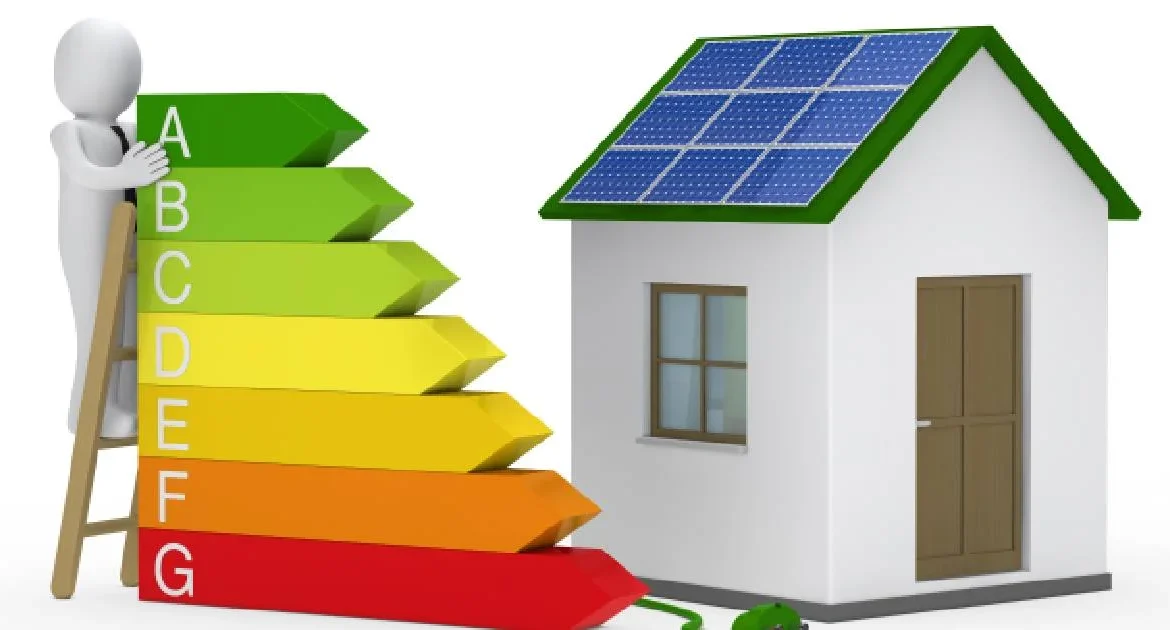If you’re a first-time homebuyer, the excitement of finding your dream property is palpable. You’ve scoured countless listings, attended open houses, and made endless checklists of must-haves. Amidst this whirlwind, there’s one crucial aspect you might not want to overlook – the EPC certificate. Let’s delve into what an EPC certificate is and why it should be on your radar when purchasing your new home.

EPC Certificate
Secure your Energy Performance Certificate (EPC)! Our certified inspectors use cutting-edge technology for a comprehensive assessment valid for 10 years.
What is an EPC Certificate?
EPC stands for Energy Performance Certificate. It’s a document that provides crucial information about the energy efficiency of a property. Essentially, it rates a home on a scale from A (most energy-efficient) to G (least energy-efficient), and it outlines the potential energy costs for heating, hot water, and lighting.
But why should you, as a first-time homebuyer, care about the EPC certificate?
Here are some reasons:
- Lower Energy Bills: An energy-efficient home can lead to significant cost savings in the long run. First-time buyers are often navigating a tight budget, and every bit of savings counts. A property with a higher EPC rating is likely to be more energy-efficient, meaning you’ll spend less on heating and electricity bills.
- Environmental Impact : In an age of increasing environmental awareness, knowing the EPC rating of a home is not just about saving money. It’s also about reducing your carbon footprint. An energy-efficient property typically has a smaller environmental impact, which aligns with the global push for sustainability.
- Home Improvement Potential : Understanding the EPC rating can help you identify areas for improvement in the property. If you’re looking for a project, buying a home with a lower EPC rating might offer opportunities to make energy-saving renovations, increasing the property’s value in the process.
- Mortgage Rates : While an EPC certificate itself won’t directly influence your mortgage rate, energy-efficient homes are generally considered more desirable. Lenders might be more inclined to offer competitive rates for such properties, which can ultimately save you money over the life of your mortgage.
So, What Should First-Time Buyers Consider?
When you’re in the process of buying your first home, here’s what you should consider regarding the EPC certificate:
- Check the EPC Rating: Always ask the seller or agent for the property’s EPC certificate. You can review it to see how energy-efficient the home is. If the rating is lower, consider whether you’re willing to make the necessary improvements or if you should factor potential energy costs into your budget.
- Negotiate : If you find a property you love but the EPC rating isn’t ideal, don’t be discouraged. You can use this as a negotiating point. Perhaps you can agree on a lower price, taking into account the potential costs of making the property more energy-efficient.
- Plan for the Future: If the home you’re considering has a high EPC rating, that’s fantastic! You can enjoy the immediate benefits of lower energy bills. However, don’t forget to factor in any maintenance costs associated with the property’s energy-efficient features.
- Be Informed : The EPC certificate is just one piece of the puzzle when buying a home. Educate yourself about the overall condition of the property, the local housing market, and the legal aspects of homebuying to make the most informed decision.
In conclusion, as a first-time homebuyer, don’t overlook the importance of the EPC certificate. It’s not just a piece of paper; it’s a valuable tool to help you make an informed decision about your future home. Consider its implications on your budget, the environment, and your overall quality of life as you embark on this exciting journey of homeownership.


